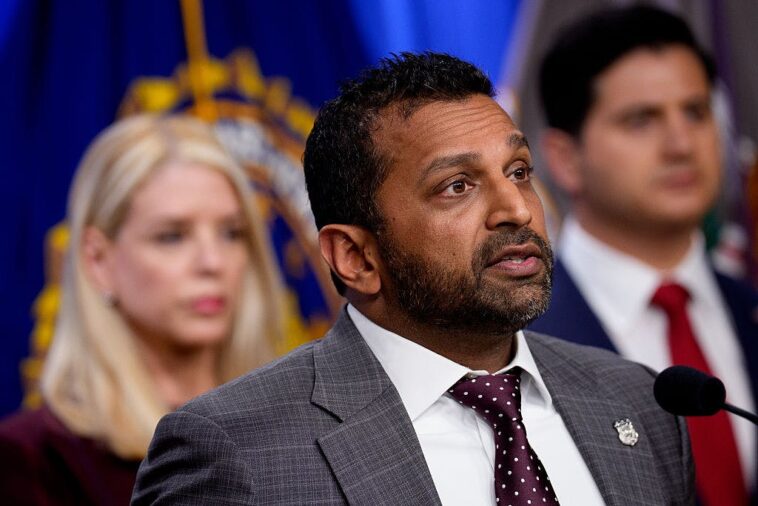The FBI officially closed the J. Edgar Hoover Building office in Washington, D.C., on Friday.
Director Kash Patel announced the move after reports over the summer that headquarters would now be relocated to the Ronald Reagan Building.
“After more than 20 years of failed attempts, we finalized a plan to permanently close the FBI’s Hoover headquarters and move the workforce into a safe, modern facility. Working directly with President Trump and Congress, we accomplished what no one else could,” Patel posted to X on Friday.
He also said a plan for a $5 billion, newly built headquarters was scrapped.
“Instead, we selected the already-existing Reagan Building, saving billions and allowing the transition to begin immediately with required safety and infrastructure upgrades already underway. Once complete, most of the HQ FBI workforce will move in, and the rest are continuing in our ongoing push to put more manpower in the field, where they will remain,” he continued, adding that the Hoover Building “will be shut down permanently.”
Christmas Sale – Get 40% off New DailyWire+ Annual Memberships
In July, General Services Administration Public Buildings Service Commissioner Michael Peters said in a press release for the FBI that the decision to instead move to the Ronald Reagan building, which is only down the block from the Hoover building, would also cut costs on upkeep for the facility.
“This move not only provides a world-class location for the FBI’s public servants, but it also saves Americans billions of dollars on new construction and avoids more than $300 million in deferred maintenance costs at the J. Edgar Hoover facility,” Peters stated in July. “We are proud to partner with Director Patel to drive efficiency and improve the quality of space for a productive workforce in service to national security and taxpayers.”
The closure announcement comes amid other reports about the possible teardown of different federal buildings in the city, such as the Liberty Loan Building, Robert C. Weaver Federal Building, Wilbur J. Cohen Federal Building, and the GSA Regional Office Building, according to the National News Desk. However, the outlet reported that GSA Associate Administrator for Strategic Communications Marianne Copenhaver denied the accusations as “a manufactured narrative built on speculation.”
At the White House, Trump’s decision to demolish the East Wing and build a ballroom has earned both intense praise and criticism since it was announced in October.



